Why African Festivals Matter
Cultural Festivals in Africa are more than just celebrations—they are living testaments of identity, resilience, spirituality, and artistic expression. From spiritual rites to street carnivals, these festivals offer a window into the continent’s soul, showcasing traditions passed down through generations.
In cities like Ouidah, Mombasa, and Accra, festivals aren’t mere events—they’re sacred rituals, political statements, economic lifelines, and spaces for pan-African unity.
These cities exemplify how African festivals continue to shape history, amplify voices, and draw global attention to indigenous brilliance.
Cultural Festivals in Africa – Ouidah Voodoo Festival – Benin’s Spiritual Legacy
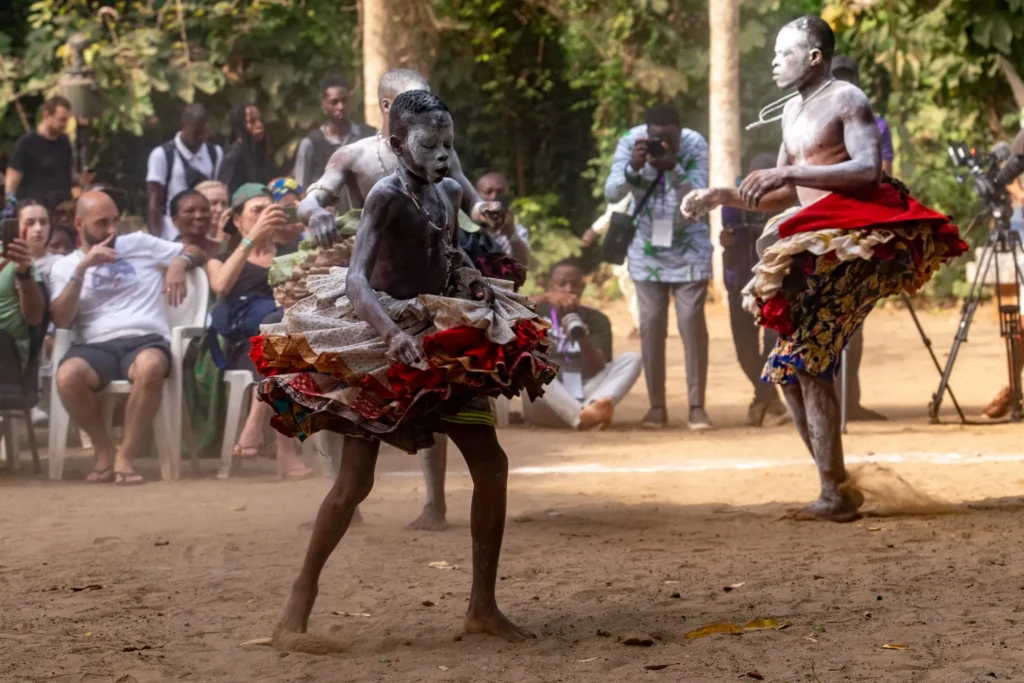
Each January, thousands gather in Ouidah, Benin to celebrate the Voodoo Festival, a vibrant homage to West Africa’s ancestral spirituality.
🔍 Historical Roots
Voodoo, or Vodun, was born in the ancient kingdoms of Dahomey. Contrary to Hollywood misrepresentations, it is a structured religion deeply rooted in ancestral reverence, healing, and natural forces.
🎭 Rituals and Sacred Practices
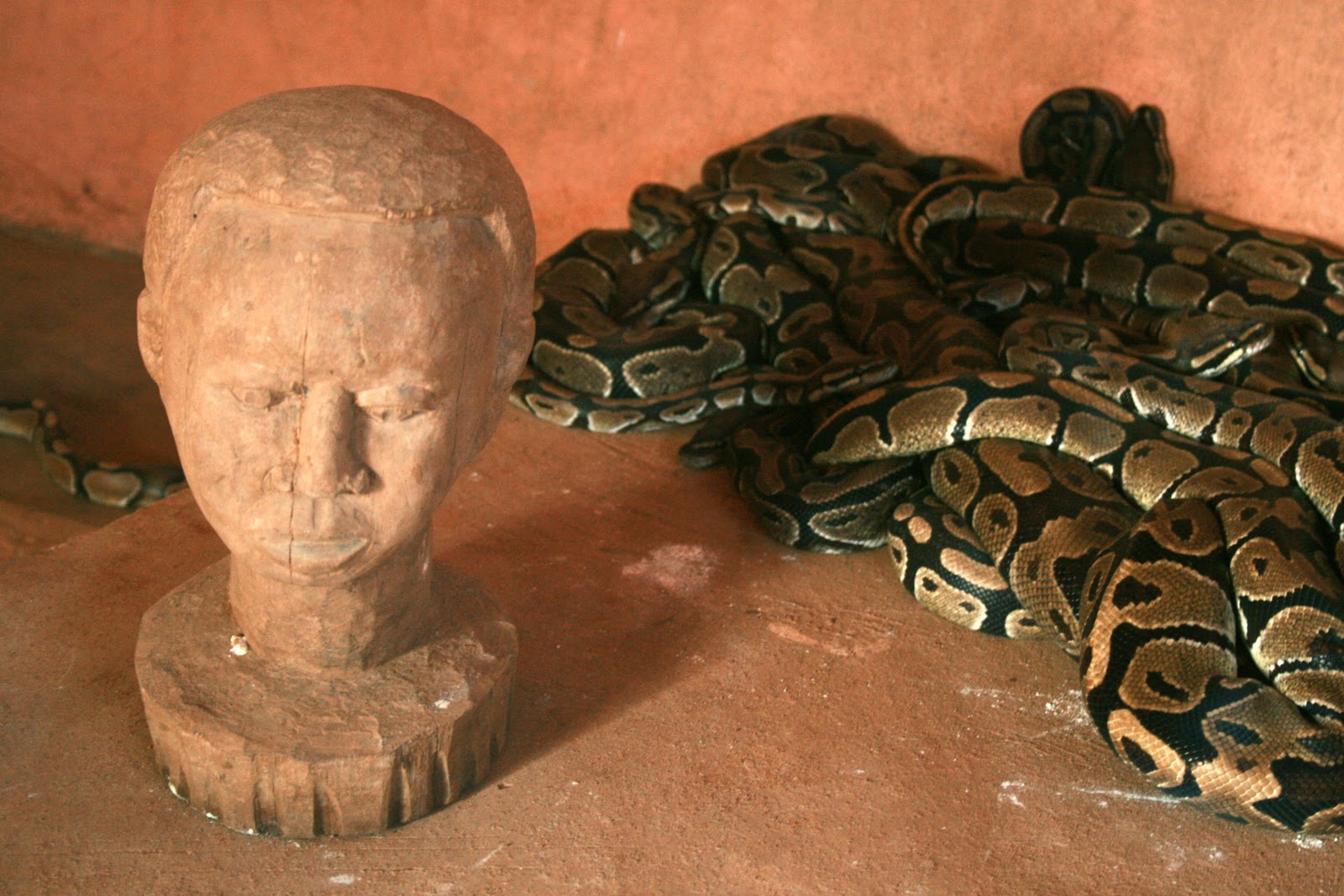
- Animal sacrifices
- Rhythmic drumming and possession dances
- Processions to the Python Temple and Slave Route
- Homage to deities like Legba, Mami Wata, and Dan
🧭 UNESCO Recognition and Global Pilgrimage
- Recognized as a national religion in Benin since 1996
- Attracts spiritual tourists and Afro-descendants from the U.S., Haiti, and Brazil
Learn more about African Traditional Religions and their Influence
Cultural Festivals in Africa – Mombasa Carnival – Kenya’s Melting Pot of Cultures
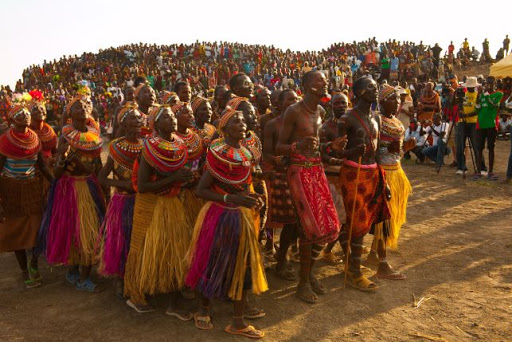
Held in November, Mombasa Carnival is Kenya’s largest coastal festival. Unlike spiritual festivals, this one is a multicultural street spectacle celebrating the Swahili coast’s rich tapestry.
🌍 A Mosaic of Heritage
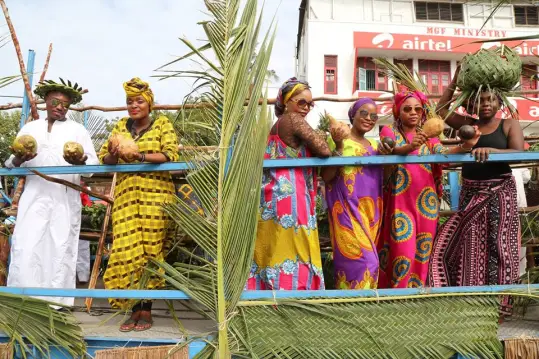
Mombasa is a city where Swahili, Arab, Indian, and Portuguese influences intersect. The carnival reflects this fusion with:
- Coastal dhow parades
- Traditional dances like chakacha and ngoma
- Arabesque calligraphy, Indian dress styles, and acrobatic shows
🤝 Unity Through Celebration
With over 30 floats representing diverse communities, the festival becomes a powerful symbol of national harmony.
Dive into the Top Festivals in East Africa
Chale Wote Street Art Festival – Accra’s Urban Revolution
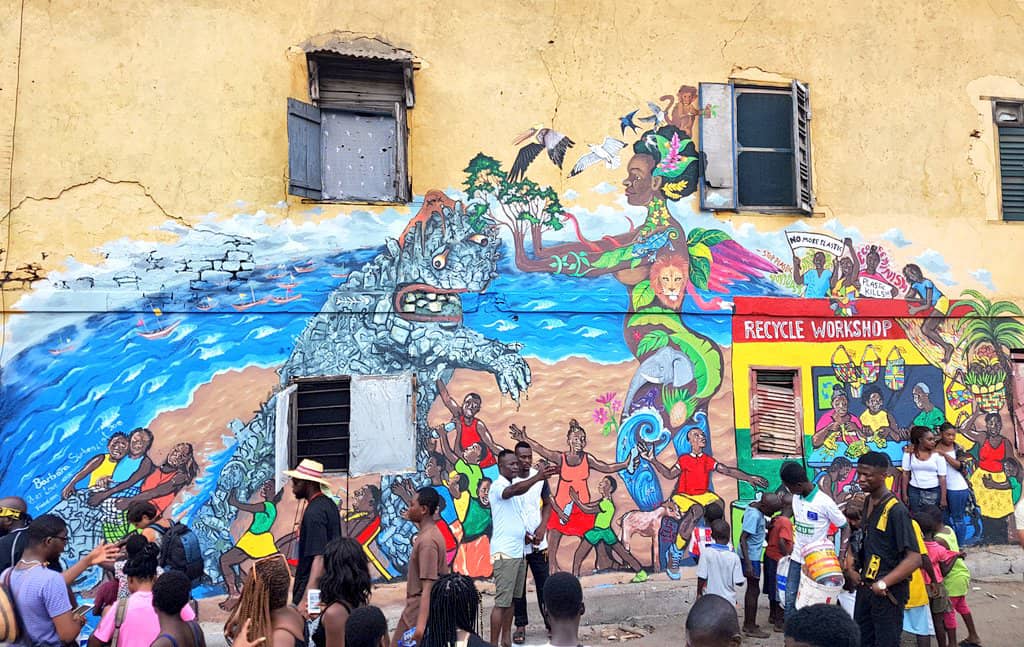
In August, Accra’s James Town transforms into a canvas of Afro-urban innovation. The Chale Wote Festival isn’t just art—it’s activism, culture, and youth renaissance.
🖌️ A Cultural Disruptor
Launched in 2011, Chale Wote (which means “Friend, let’s go!” in Ga) features:
- Murals, graffiti, and live painting
- Dance battles and experimental theater
- Spoken word and traditional storytelling
- Fashion shows and masquerades
🧠 Reclaiming African Narratives
The festival challenges colonial mindsets and gives voice to Afrofuturism, decolonized art, and social justice movements.
Explore The Rise of Afro-Urban Movements in Ghana
Comparative Insights: What These Festivals Tell Us About Africa
Though diverse, these festivals share common threads:
| Feature | Ouidah (Benin) | Mombasa (Kenya) | Accra (Ghana) |
|---|---|---|---|
| Core Theme | Spirituality & Ancestry | Multicultural Celebration | Urban Creativity & Identity |
| Origins | Indigenous Religion | Coastal Heritage | Youth Movement & Art |
| Key Expression | Rituals & Offerings | Parades & Dance | Street Art & Protest |
| Global Attraction | Afro-Spiritual Tourism | Cultural Diplomacy | Creative Economy |
These festivals show Africa as a continent of deep memory, unity in diversity, and modern innovation.
Economic & Tourism Impact of African Festivals
Beyond culture, these festivals stimulate:
- Local economies through tourism, craft sales, food stalls, and transport
- Hotel and travel industries
- Diaspora engagement—especially in Ouidah where returnees reconnect with ancestral roots
Governments are increasingly partnering with private organizations to brand these events internationally.
Example:
Ghana’s “Year of Return” campaign linked with Chale Wote to attract over 1 million diaspora visitors in 2019 alone.
Internal Link: Discover how Cultural Tourism is Transforming African Cities
Challenges Facing African Festivals Today
While growing in popularity, African festivals face:
- Over-commercialization that waters down authenticity
- Political interference and red tape
- Lack of funding and infrastructure
- Cultural appropriation in global portrayals
What’s Needed: Cultural preservation policies, community ownership, and ethical tourism frameworks.
Reviving and Celebrating African Cultural Identity
Festivals like Ouidah’s Voodoo, Mombasa Carnival, and Accra’s Chale Wote are not just cultural events—they’re platforms of power, resistance, and healing.
For African youth, creatives, and diaspora members, these events offer an anchor in identity, a future in entrepreneurship, and a voice in a global narrative that often silences African stories.
Eblackmedia is committed to amplifying these stories—to educate, inspire, and preserve Africa’s vibrant cultural heartbeat for generations to come.
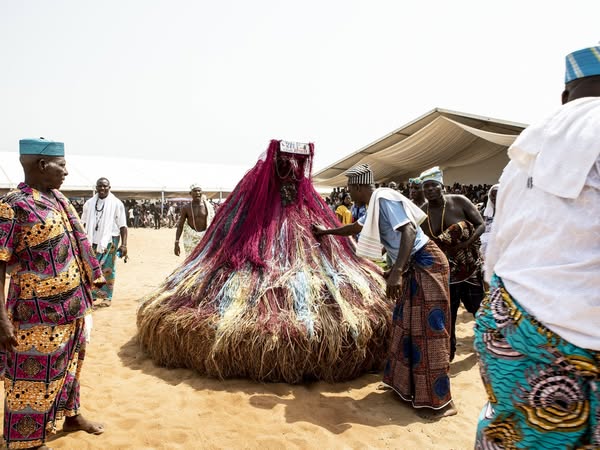

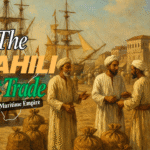
4wwdfi